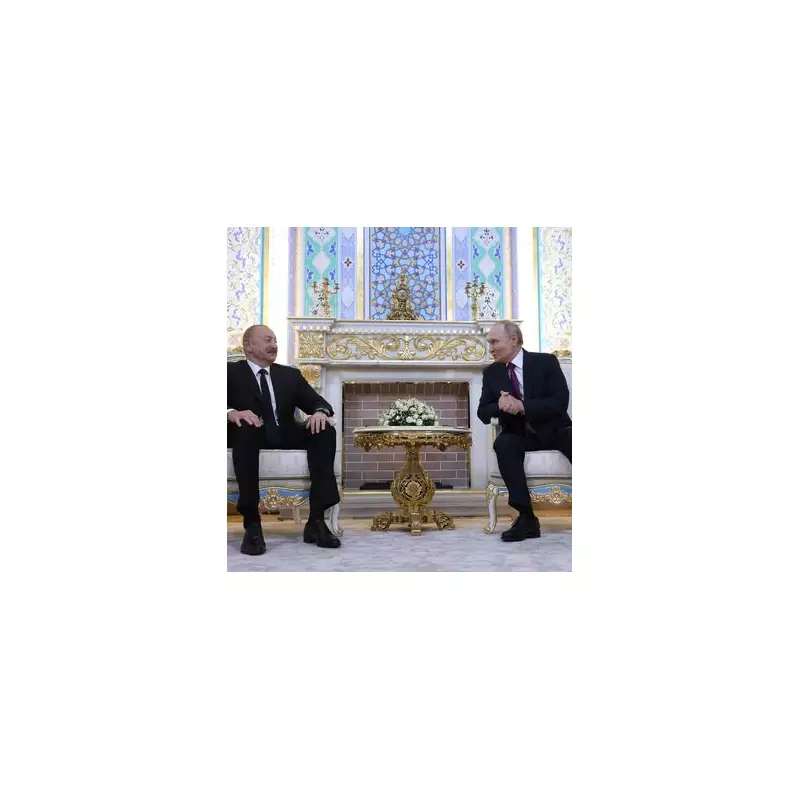
In a stunning revelation that has sent shockwaves through international diplomatic circles, Vladimir Putin has openly admitted Russia's culpability in the recent Azerbaijan-Armenia conflict over the disputed Nagorno-Karabakh region.
The Kremlin's Surprising Confession
During a high-profile meeting with international officials, the Russian president made the extraordinary admission that Moscow bears responsibility for failing to prevent Azerbaijan's military operation last September. This marks one of the rare occasions where Putin has publicly acknowledged Russian policy failures in post-Soviet conflicts.
'We thought then that we would be able to stop it, to agree on something,' Putin stated, referring to the rapid Azerbaijani offensive that ultimately led to the surrender of Karabakh's ethnic Armenian forces and the subsequent exodus of over 100,000 refugees.
Diplomatic Fallout and Regional Implications
The Russian leader's confession comes amid growing criticism of Moscow's peacekeeping role in the region. Many analysts have questioned whether Russia deliberately allowed the conflict to escalate, given its strained relations with Armenia's pro-Western leadership.
Putin's admission raises serious questions about:
- Russia's diminishing influence in the South Caucasus
- The effectiveness of Moscow's peacekeeping mission
- Growing tensions between Russia and Armenia
- The shifting balance of power in the region
A Fractured Alliance
The relationship between Moscow and Yerevan has deteriorated significantly since the conflict, with Armenian Prime Minister Nikol Pashinyan openly criticising Russia's failure to intervene. Pashinyan has accused the Kremlin of being 'unable to ensure Armenia's security' and has begun pursuing closer ties with Western nations.
This diplomatic rift represents a major setback for Moscow's traditional sphere of influence, potentially opening doors for increased Western engagement in a region long considered Russia's backyard.
What This Means for Future Conflicts
Putin's unexpected candour about Russia's limitations in the Nagorno-Karabakh conflict signals a potential shift in Moscow's approach to regional disputes. It also highlights the challenges Russia faces in maintaining its influence while engaged in the ongoing conflict in Ukraine.
As geopolitical tensions continue to evolve, this admission may have far-reaching consequences for how international powers approach conflict resolution and peacekeeping missions in contested territories worldwide.






